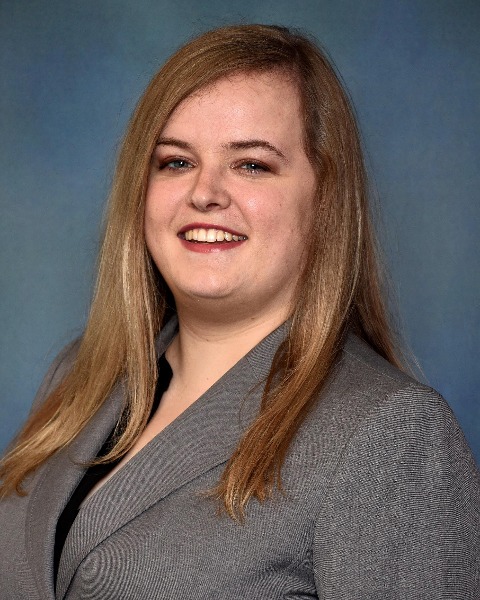Palliative Care Works in Progress
Session: Palliative Care Works in Progress
WIP 62 - Do As I Say, Not As I Do: How Provider Advance Care Planning Status Impacts Pediatric Palliative Care Communication
Monday, April 28, 2025
7:00am - 9:15am HST
Publication Number: WIP 62.7479
Brianna Leyden, CHOC Children's Hospital of Orange County, Santa Ana, CA, United States; Sarah Keating, University of California, Irvine, School of Medicine, Orange, CA, United States

Brianna Leyden, MD (she/her/hers)
Pediatric Hospital Medicine Fellow
CHOC Children's Hospital of Orange County
Santa Ana, California, United States
WIP Poster Presenter(s)
Background: Despite proven benefits of initiating advance care planning (ACP) early in the care of complex pediatric patients, these conversations are often delayed. There has been limited research dedicated to either examining barriers or innovating medical education curriculum within this topic. It has been shown previously that when providers have had direct experience with a health topic they are trying to influence, it increases credibility and ability to motivate patients and their loved ones. Sparse literature is focused on how many young adults or medical professionals have undergone ACP themselves.
Objective: The primary goal of this study is to determine whether residents who have completed ACP for themselves have increased comfort in providing similar planning for pediatric patients. Using validated survey tools to measure personal comfort in pediatric palliative care and experience in ACP, this study will assess the value of adding this content to resident palliative education curriculum. Secondary outcomes include assessing other gaps in palliative care education and barriers to effective palliative care use in pediatric patients.
Design/Methods: This multisite prospective study of resident skills and capacity in palliative care is being conducted at two tertiary children’s hospitals to maximize resident responses. Both sites obtained Institutional Review Board exemption. The survey was created by combining two validated tools — the Pediatric Palliative Care Questionnaire (PPCQ) and Advance Care Planning Engagement Survey (ACPES) — and addresses comfort and exposure to palliative topics, barriers to utilization, adequacy of medical education, stages of readiness in their own ACP, and demographics.
The surveys were distributed at resident educational conferences or meetings with follow-up emails. The survey was initially distributed in July 2024 and data collection is anticipated to be completed by Jan. 2025. Statistical analysis will then be completed with two-tail independent t-tests for continuous variables and Chi-square tests for categorical variables.

